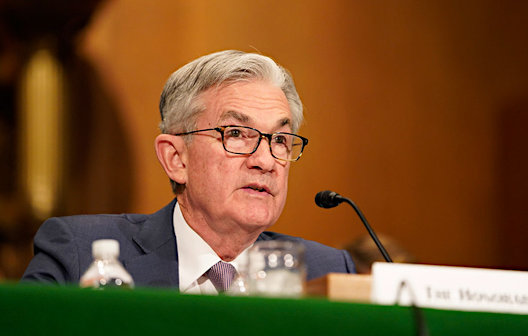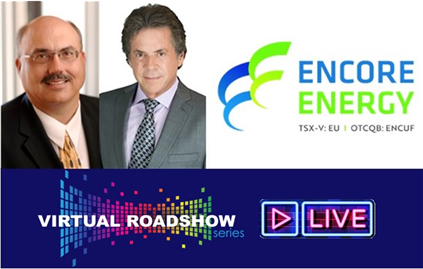
Five Reasons Investors Increasingly Use ESG Standards
ESG investing (Environmental, Social, Governance) is a sector of the stock market experiencing growth and attention, this has made it an extremely hot sector for investors. There’s an estimated $38 trillion invested in companies under ESG standards. That amount is expected to grow to $50 trillion invested under ESG ratings within the next five years. What’s the mindset of investors looking at ESG factors before investing?
A survey of investment professionals conducted by New York Life Investments offers some insight into their ESG activity. The advisors and money managers surveyed offer their own thoughts which are influenced by the individual clients they meet with regularly. The survey uncovered some of the top drivers. The top five of these offer surprises in both the order of importance and values and factors deemed most important.
Top Five Drivers
The top ESG driver, according to the survey, is Risk Management. The responding expect paying attention to ESG factors reduces the potential of exposure to negligence, thereby decreasing the chance that a company adhering to ESG standards will become embroiled in lawsuits, workplace hazards, or headline news that will have a negative effect on their business. The thought here is heightened awareness of business practices can help mitigate the potential for problems.
The second-biggest driver of ESG investment growth is Investor
Demand. The financial professionals find clients are asking for a greater portion of their assets to be placed in individual stocks of companies adhering to ESG standards or funds that use ESG factors as one of their screening processes of stocks held.
The third-largest driver uncovered by the survey is Fiduciary
Duty. A fiduciary duty requires that the advisor has to act in the best interest of the client. They are serving the person and entrusted to put that person’s interests above all else. The idea that investment professionals involving their clients in ESG facilitates their fiduciary responsibility suggests that they believe ESG investments provide a higher risk/return profile than alternatives. This does not suggest that the accounts aren’t mitigating risk in other traditional ways such as diversification; it does portend that there’s a belief that doing what is best for the client, at this point in time, means paying attention to investments with ESG rankings. Should ESG investments begin to underperform or increase risk, the same fiduciary standard would apply.
ESG investments are associated with more ethical or “good” companies. The survey found financial professionals find this is positive for their reputations with clients. Reputation ranked as the fourth highest driver of growth in managed ESG assets. Since good public relations and community standing has been found to help attract and retain more business, it stands to reason that an increasing number of investment managers would hold themselves out as onboard with ESG values.
Financial Returns, surprisingly, was found to rank fifth-biggest driver by the survey of financial professionals. Although the investments are expected to provide a better risk/return, and are believed to meet fiduciary obligations, the return on investment is not the highest-ranked key driver. The less measurable and more nuanced reasons for including ESG investing at an increased level in client portfolios are the four above this. The trend in popularity and growth for all of these top five reasons makes it understandable why the performance of ESG stocks has followed.
Take-Away
Risk management, investor demand, fiduciary duty, reputation, and financial returns are what we’re told is driving the popularity of ESG investing among those advising and managing the assets of others. As with any other trend that is shaping the future or driving the direction of investor dollars, it is good to understand the trend and decide whether you should be involved.
ESG investing is gaining momentum from investors of all types and styles. It also has more support from a regulatory standpoint than before and there is structure being created to better eliminate subjectivity. Channelchek will continue to update our readers on important changes that could provide opportunities.
Paul Hoffman
Managing Editor, Channelchek
Suggested Content on Channelchek:

|

|
Are Small-Cap Stocks Smart Investments
|
ESG Indicators and How Investors Use Them
|

|

|
Can Mining be Green and Sustainable?
|
Should Stock Market Investors Worry About Inflation?
|
Sources:
https://www.nytimes.com/2021/03/15/business/dealbook/sec-esg-priority.html
https://www.moneylion.com/learn/what-is-esg-investing/
https://myperfectfinancialadvisor.com/2021/04/06/whats-driving-esg-growth/

|
Virtual Road Show Series – Tuesday, April 13 @ 1pm EDT Join enCore Energy CEO Paul Goranson & Chairman William Sheriff for this exclusive corporate presentation, followed by a Q & A session moderated by Michael Heim, Noble’s senior research analyst, featuring questions taken from the audience. Registration is free and open to all investors, at any level. |
Stay up to date. Follow us:
 |
 |
 |
 |
 |
 |
Stay up to date. Follow us:
 |
 |
 |
 |
 |
 |
